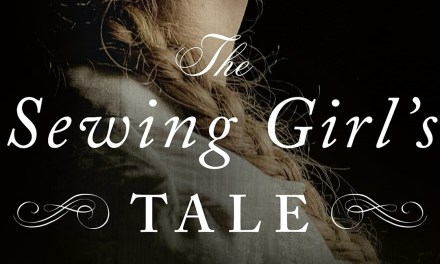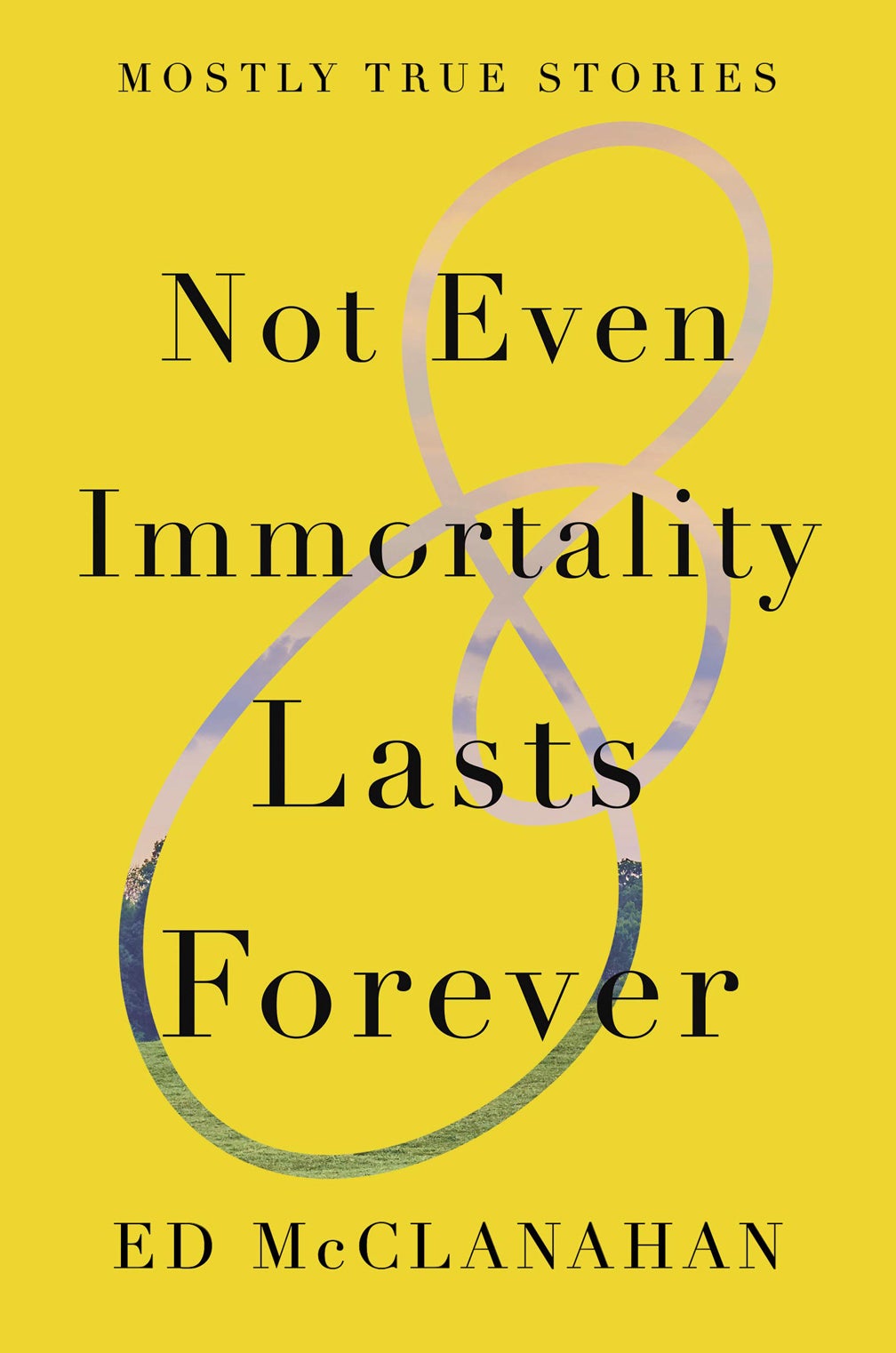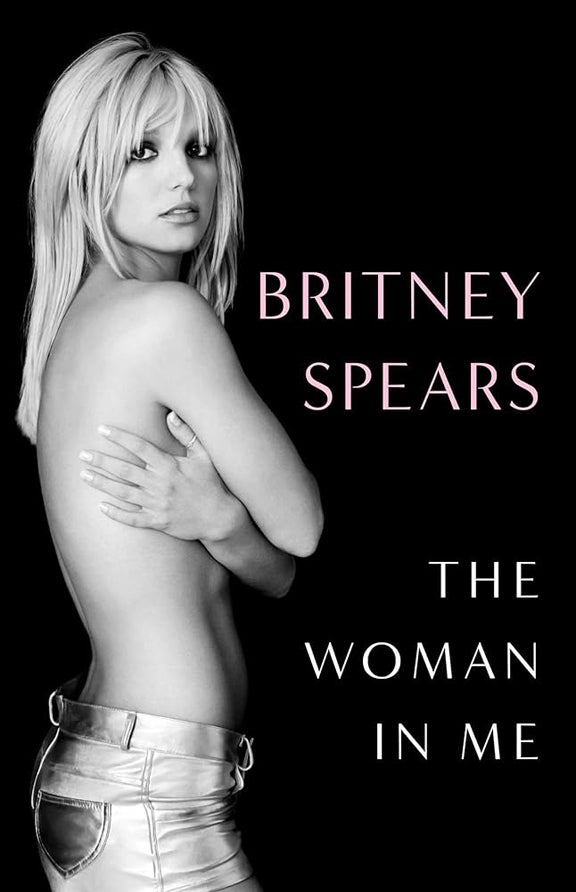
“The Woman in Me” by Britney Spears
I feel like I knew Britney Spears. I grew up living and breathing Britney and her music. I forced my parents to sit through many living room concerts, while I danced and sang to her “Baby One More Time” album. There’s no doubt Britney was the pop icon of my generation. And, in her new memoir, “The Woman in Me,” Britney is speaking directly to me and her other fans. And, she is letting us know we do not know her as well as we think we do.
“The Woman in Me” is Britney’s chance to use her voice to finally tell readers her story as she wants it to be told. She starts by giving us some backstory on her family and growing up in Louisiana. She discusses her grandparents, in particular her paternal grandmother, Jean, whom she is named after. Jean faced her own struggles after losing a child and being placed in a mental institution against her will by Britney’s grandfather, June.
Jean later committed suicide on the grave of the son she lost. Britney relates to the grandmother she never got to meet by discussing her own mental health struggles and being controlled by her father under the infamous conservatorship for 13 years.
As she discusses her journey to celebrity, she discusses how the fame impacted her relationship with her family.
Having grown up poor, Britney wanted nothing more than to provide her family with the stability that she lacked as a child. Britney says her family soon started to take this stability, and by extension, her, for granted. She felt like the family cash cow rather than a daughter and sister.
When Britney married Kevin Federline and had her two sons, she saw it as a chance to finally have that perfect family she had always wanted. But things took a turn when Britney said Kevin was more interested in his own career than being a father. Eventually, Britney’s father, Jamie, filed for conservatorship for her.
Under the conservatorship, Britney lost control over every aspect of her life. She could not see her children, decide when to work, or even pick what she got to eat without her dad’s approval for more than 10 years. Losing the freedom to live her life, make her own choices and have her own voice, was her lowest point.
But eventually, she got her life back in 2021 when a judge overturned the conservatorship. The memoir is her first real chance to speak out on her own terms.
Despite her talent and fame, Britney is humble. Reading her memoir felt like I was catching up with an old friend who I haven’t spoken with in a while. She is down to earth, even when discussing meeting and working with other mega-stars like Mariah Carey and Madonna.
Britney’s memoir is not just for her fans who have loved her for years. It is for anyone who has known someone who has struggled with their own mental health or has been that person themselves. Britney empowers others through her own journey of taking back her life from others’ control.
— Review by Alex Sandefur, Paul Sawyier Public Library staff
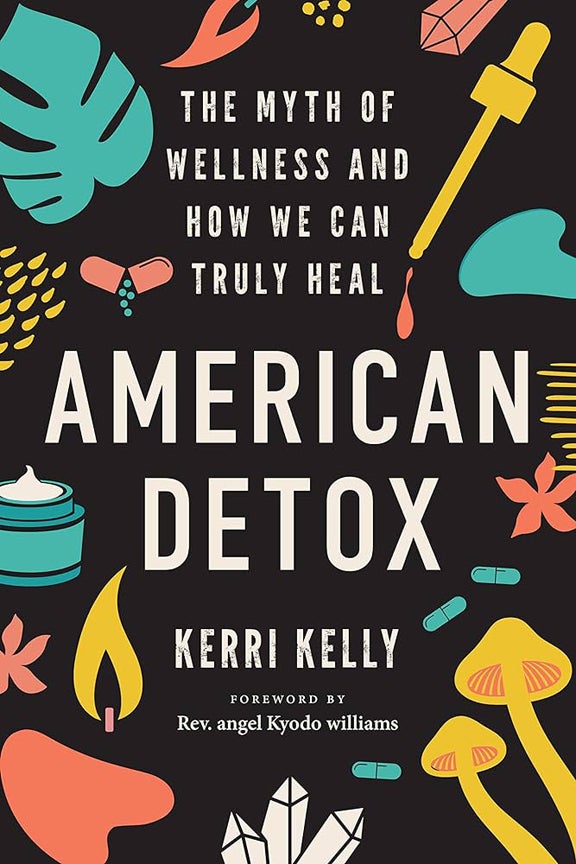
“American Detox: The Myth of Wellness and How We Can Truly Heal” by Kerri Kelly
I know we’re just meeting, but it’s worth noting that I’ve recently been on a health journey. This time of year, many decide to dig deep and embark on some sort of self-improvement. You’re not alone. As it gets harder and harder to find reliable information, I’ve become a little road weary choosing between probiotics and prebiotics and trying to decide whether I should be taking magnesium glycinate or threonate.
I picked up “American Detox” because I thought it would be a critique of the hard-to-navigate wellness industry. The book was more about how so many facets of American history and lifestyle contribute to our lack of wellness. I was surprised to find that wellness and the ever-harder-to-reach American dream are more intertwined than I could ever imagine.
Over the past year, in my personal and professional work, I have been doing a lot of reflection on diversity, equity, inclusion, belonging and social justice. Kelly moves through these topics from the lens of wellness — who promotes it, who makes money from it and who really has access. Pick this up if you want to do a little navel gazing as you start your new year practices.
— Review by Melissa Strasser, Paul Sawyier Public Library
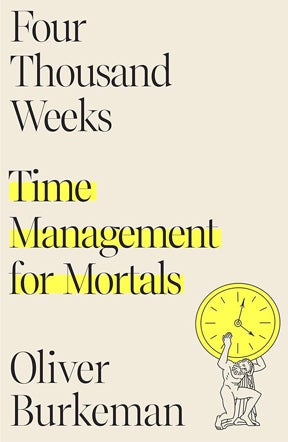
“Four Thousand Weeks: Time Management for Mortals” by Oliver Burkeman
Anxious about never having enough time? Feel like there’s no time for all the things on your “to-do” list? And where is that list? Maybe you should have been born in a different century, without all the distractions of today? But if you had, you probably wouldn’t be alive and you’d likely being living in servitude, with the land owner sharing a meager portion of what you earned for the estate.
But, if you did live in another century, this crisis of time management would have never occurred to you. Every day would have had the same schedule regardless of the weather. At night, you would have shared your one room with all of your family, and your chickens if wild animals hadn’t gotten them first.
Burkeman, a British journalist who writes about psychology, asks us why we have these time-consuming activities. He tells the story of a Tik-Tok presentation involving placing rubber bands around a watermelon until it exploded. Gradually, the pressure from the rubber bands exploded the watermelon, but not until the 686th rubber band was applied. Viewers had spent 44 minutes watching and waiting to see this happen. Their next comments were about the quality of their lives, noting that this pointless watermelon event kept them distracted from what they had planned for their day.
It’s obvious that there are many more distractions in our current digital world. However, Burkeman explains that ancient Greeks thought that it was a major character flaw if one failed to use one’s time on what one valued the most. Food and money are resources, but attention is life. And, when one pays attention to something they don’t really value, they are actually paying with their life.
Birkeman’s philosophy about time comes down to the question: “What do we really want when it comes to time?” Do we want to be free of other people’s intrusions of our time? This is what most time-management books cover when they suggest establishing a schedule with priorities. It leads to the constant comment of “I don’t have the time.”
Birkeman suggests that the question should be “what kind of obligation do I have to my own soul? And, what is the soul asking of me?”
Four thousand weeks is the average lifespan of a human. Birkeman asks what is the best use of that time? He states that you are the only person who can answer that question, and establish how you really feel about what you’re doing with your time.
— Review by Lizz Taylor, Poor Richards Books
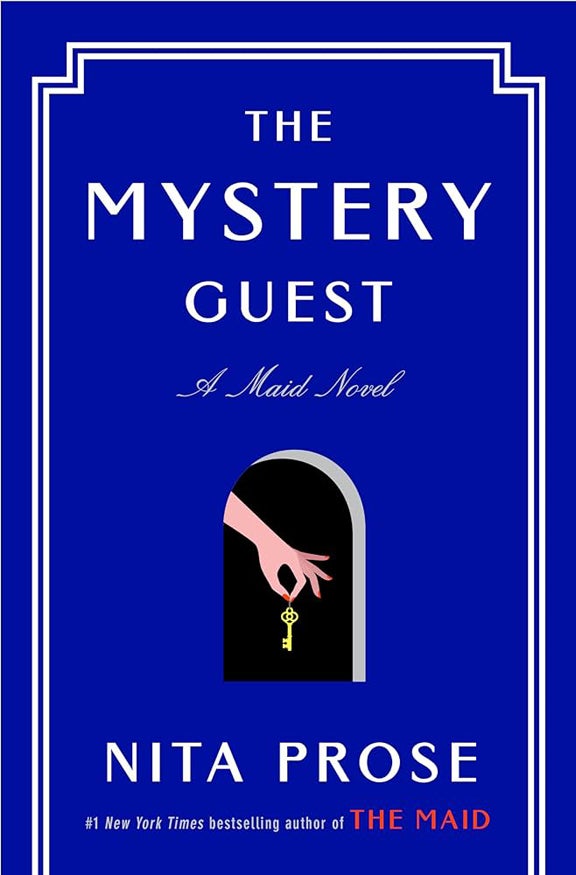
“The Mystery Guest: A Maid Novel” by Nita Prose
Nita Prose had much success with the first novel, “The Maid.” Now, she has followed with a second mystery featuring Molly, the maid. But now, Molly has been appointed “Head Maid.” So, it was she who was responsible for setting out the tea tray, which the famous author, J.D. Grimthorpe, drank from before he collapsed on stage. The author was about to make an announcement to all his fans in the new Tea Room at the Regency Grand Hotel.
In the first novel by Prose, Molly, the maid, was introduced as a divergent young woman who could pay attention to all of the details of her position with the hotel, but missed interpreting the critical social cues of the guests and co-workers. She thought that guests in a particular room had a fondness for powdered donuts, when the room was being used for drug sales.
Now, Molly as head maid, witnesses the tragedy and tries to assist the police investigate the mystery. She recalls how the room was set for the speaker with cue cards at the podium, which now seem to be missing. What was Grimthorpe’s mysterious announcement? Also missing is the honey pot that the author used to sweeten his tea.
The detective on the case remembers Molly from when a hotel guest was found dead in his room. Molly was originally thought to be the killer. And, her vague awareness of others allowed police to interpret that she was the leader of the drug gang.
Second novels are sometimes a disappointment, but that’s not the case with this series. Prose alters the chapters with Molly’s early life with Gran. In the “Before” chapter, we learn that the principal at Molly’s school says she can’t promote Molly along with her classmates because of her lack of social skills. Gran decides to take Molly to work with her at the Grimthorpe’s mansion. Besides polishing the silver to perfection, Molly notices that things are not right in the Grimthorpe household. Molly’s early experiences with the author helps the detectives unravel the case.
If you enjoyed Nita Prose’s first book, “The Maid,” you will definitely want to read this follow up. However, this title does stand on its own, and is just as delightful with remarkable, endearing characters. Yay for Molly!
— Review by Lizz Taylor, Poor Richards Books


